No Room for Racism
It’s time for the big social media companies to flip the kill switch on online racism.
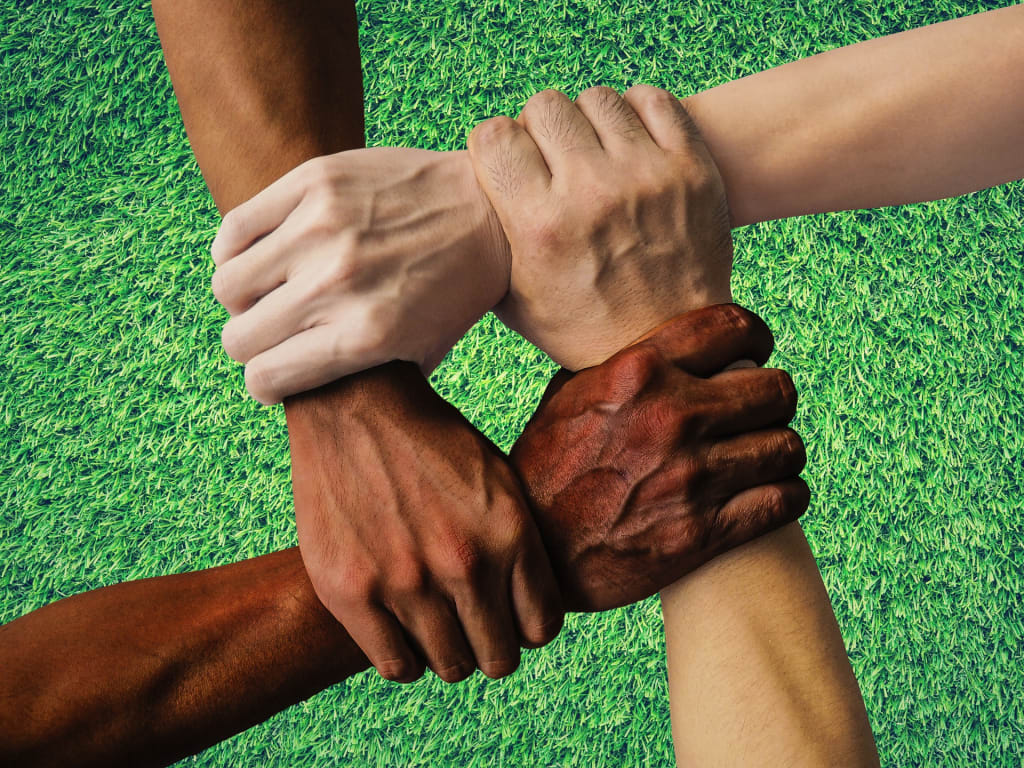
The ritual has become set in stone. Before each and every game, across the major leagues in UK soccer but most notably in the top-flight Premier League, players from the opposing sides kneel around the center circle. They kneel partly in homage to Colin Kaepernick, the one-time NFL quarterback who sacrificed his career to show his support for the Black Lives Matter movement, but mostly as a statement against racism in general, not just in soccer but at every level of society.
Not many people who follow professional sports in North America realize this. Many express surprise when they learn players — all players, and not just a handful — kneel at the outset of every game.
Every. Single. Game.
That may surprise anyone who noted the controversy over Kaepernick’s simple gesture — a gesture that prompted a handful but by no means widespread series of kneeling protests in the NFL and other sports leagues across North America.
The English Premier League is arguably one of the most racially diverse professional-sports leagues. Players represent a virtual United Nations of countries, from virtually every country on the planet.
It’s one of the reasons fans follow Liverpool, Manchester United, Arsenal and other Premier League clubs not just in UK but around the entire world. If you go to almost any major city in East Africa, you’ll see young and old soccer fans alike sporting replica team shirts almost everywhere you go.
A few years ago, while in Tanzania and well off the beaten track, I ended up on a winding mountain road behind a middle-aged dad on a motorcycle with his toddler clinging to his back. The toddler was wearing a Manchester United replica jersey, with the name “Rooney” and Rooney’s number, No. 9, of recently retired midfielder and England star Wayne Rooney stitched on his back.
A casual fan in North America could be forgiven, then, for thinking that the UK, and much of the rest of the world, has beaten racism in pro sport.
One could be forgiven for thinking that. Sadly, one would be wrong.
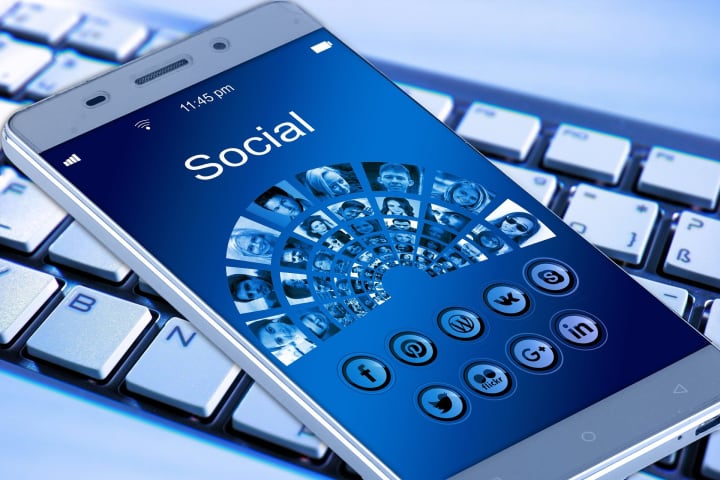
The problem is social media. Or, more precisely, a small handful of people who use social media.
And, yes, it is just a handful. It’s a tiny percentage of the people who use social media. In recent weeks and months, though, that handful of idiots has stirred up a hornet’s nest of trouble.
What’s going on has as much to say about the power and influence of social media as it does a tiny minority determined to force their opinions on the world-at-large. Social media has shown itself to be a powerful force for good in a lot of ways — everything from enabling friends and family to keep in touch with each other from halfway round the world, in real time, at a fraction of the cost of a long-distance call, to social-conscience campaigns tailor-made for social media, whether it’s campaigns for the environment and climate action or social issues at the local, state and national level that affect everyone in the community.
Social media also makes it easy for abusers, bullies and other bad actors to hide behind a false identity, whey they can harass and harangue athletes, celebrities and anyone else in the public eye, with virtual impunity.
Some of the most prominent and high-profile players in the Premier League and other sports leagues across Europe have had their lives disrupted simply on the basis of the color of their skin. If a highly paid athlete misses an open scoring chance, or otherwise costs their team the game, the resulting abuse online is on a scale one just doesn’t see in normal society, at any time, let alone in 2021. If that player happens to be a person of color, the abuse is magnified tenfold.
There are growing signs that the entire game — and society at large — has reached a crisis point.
Following a recent game against fellow title-chasers Arsenal that ended in a goalless draw, Manchester United forward Marcus Rashford, famous for organizing a nationwide campaign to feed hungry children across England, described the racist abuse he received on Instagram as “humanity and social media at its worst.”
He is not the only player to have received abuse. Other players have as well. The one thing they have in common, other than that they play professional soccer for a living, is that they are black.
In a series of tweets, Rashford said he chose not to share screenshots of “messages” he received because he believed it would be irresponsible of him to do so.
“I have beautiful children of all colors following me,” he tweeted, “and they don’t need to read it.”
Some on the frontlines in the fight against racism issue might argue, though, that by simply responding, Rashford may have inadvertently given his abusers the reaction they were looking for.
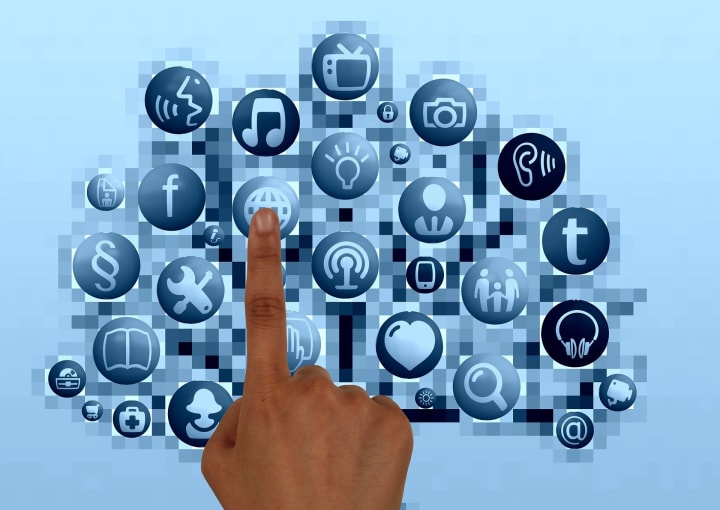
Whoever controls the message is as much at fault as those doing the abusing. The dedbate over what to do about the big-tech social media companies has expanded well beyond the online stream of abuse against athletes-of-color, whether it be the UK or the USA. It has reached into everyday conversation, everywhere, and involves everything from whether the vote on American Idol is rigged (it isn’t) to whether the recent US election was rigged (it wasn’t).
Misinformation is easy to spread if there’s no one there to refute it, instantly, in real time and in the moment. Name and shame.
Prince William, president of the UK Football Association and a life-long Aston Villa fan, tweeted two weeks ago: “We have a responsibility to create an environment where such abuse is not tolerated, and those who choose to spread hate and division are held accountable for their actions. That responsibility extends to the platforms where so much of this activity . . . takes place.”
This past week, Facebook, owners of Instagram, announced new penalties for users who break the rules. Questions are already being asked whether those measures go far enough, though. The call is growing louder for those at the top of social media companies to take personal responsibility.
As it is, Instagram says users who send abusive messages now face a permanent suspension. Facebook, Instagram’s owner, was less specific, saying only that the social-media giant is committed to helping law enforcement enforce existing laws on hate speech. Anti-racism campaigners argue the need for more specifics: that when when a potentially serious situation comes up, social media companies should be required by law to share verification information on problem accounts and users. Trust but verify. The social media companies, for their part, have been reluctant to reveal personal information, citing privacy concerns.
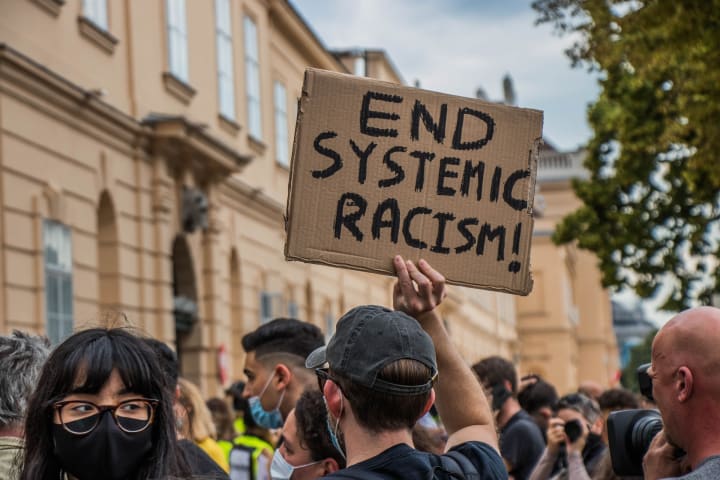
Words don’t necessarily translate into action, of course. When a prominent politician says, as UK culture secretary Oliver Dowden did this past week, that Facebook, Twitter, Instagram and others have to shoulder some of the responsibility for a persistent and growing problem, the day may be coming closer when soccer’s “Kick It Out” anti-racism campaign won’t seem like so many empty words.
“I welcome Instagram’s improved policies,” Dowden said in a statement, “but racist abuse is still a fact of life for too many people and more has to be done across the board to stamp it out.”
Obvious, yes.
Just words for now, yes.
It’ll take more than words to break the cycle, though. We know this. The pattern repeats: There’s a racist incident; public figures climb over each other in a scramble to see who can shout the loudest condemnation; public anger subsides; the media lose interest; and then it happens again.
Social media abuse might seem harmless enough in real terms — idiots are often long on talk and short on action, thankfully — but that abuse can leave deep emotional scars.
It isn’t just soccer. Pro sports reflect wider society. Pro sports, and what happens in pro sports, are a microcosm of societal attitudes. And attitudes have hardened, in all walks of life, whether it’s politics or whether the climate crisis is a genuine climate crisis (hint: it is).
A lot of that is down to social media, and the companies that run social media. Online racist abusers are a tiny minority — of course they are — but they’re still a part of the larger society. If Facebook, Instagram, Twitter and the others won’t act on their own, it may be time for regulatory agencies to flip the kill switch for them.
It shouldn’t have to come to that. Let’s hope it doesn’t.
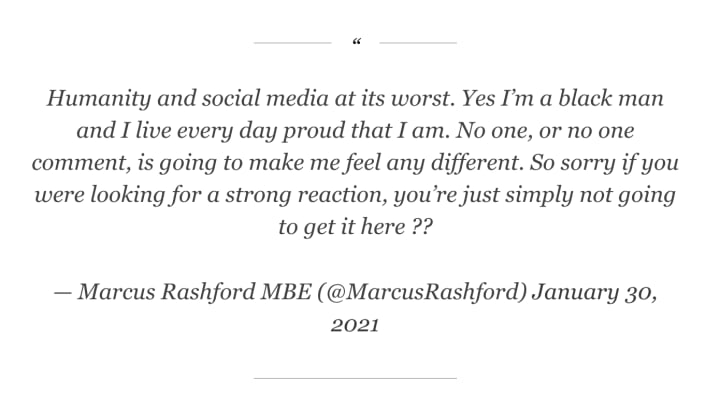
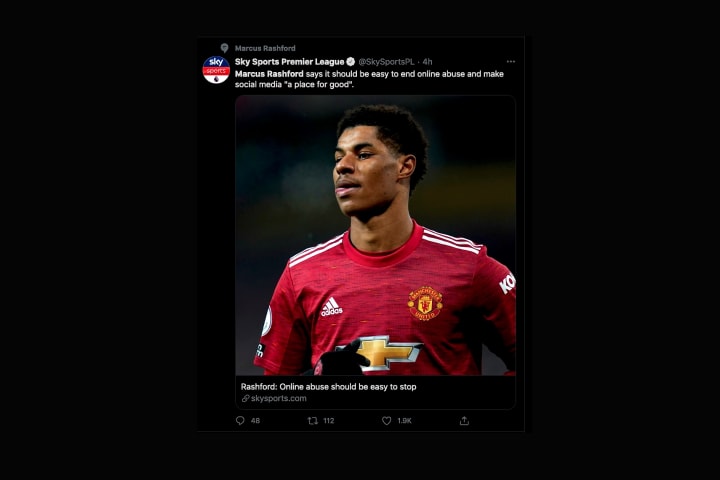
About the Creator
Hamish Alexander
Earth community. Visual storyteller. Digital nomad. Natural history + current events. Raconteur. Cultural anthropology.
I hope that somewhere in here I will talk about a creator who will intrigue + inspire you.
Twitter: @HamishAlexande6




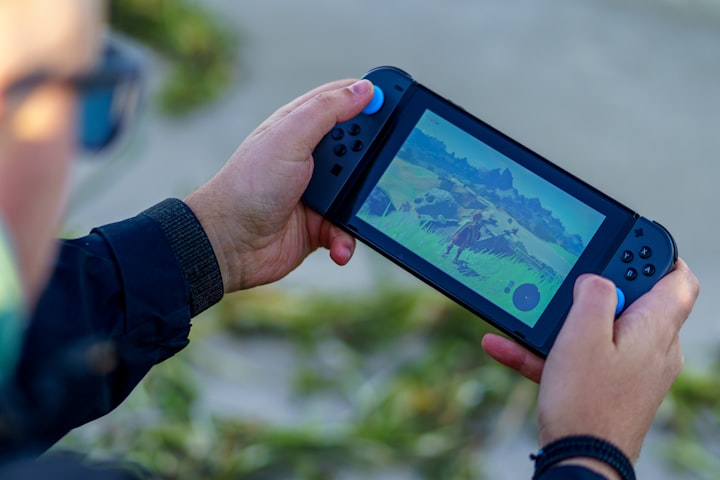
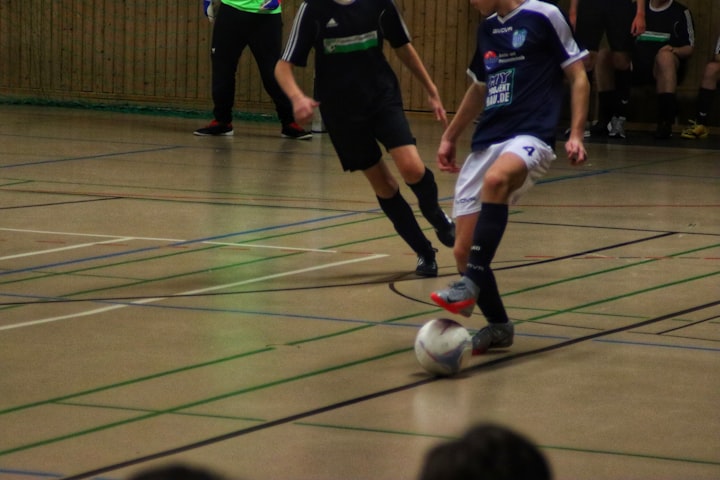

Comments
There are no comments for this story
Be the first to respond and start the conversation.